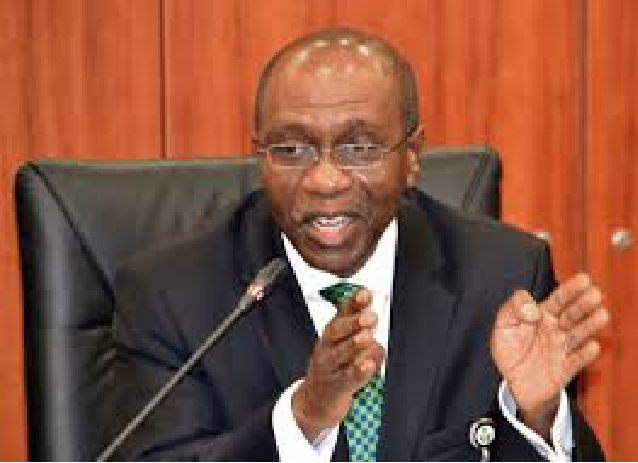Nigeria’s Ehave continued to decline unabated as it shed $3.33 billion in first quarter of 2020. The external reserves dropped from $38.59 billion on December 31, 2019, to $35.26 billion as at March 30, 2020. This represents an 8.6% decrease.
The latest figure is based on the statistics released by the Central Bank of Nigeria (CBN).
According to the report obtained from CBN, the figure for March 30, 2020, represents a sharp decrease from the $41.85 billion that was recorded as at the end of third quarter of 2019.
The external reserves have maintained a downward trend since June 10, 2019, when it got to its peak of $45.175 billion.
The drop in the country’s external reserves has been attributed to a couple of factors. The most critical has been the crash in crude oil prices globally, coupled with low demand. With oil being Nigeria’s main source of foreign exchange (contributes over 90%), this has become a major problem.
The other factors include huge demand for foreign exchange for imported goods which puts a lot of pressure on the external reserves and the coronavirus outbreak which has led to lockdown globally and travel restrictions. This has led to low demand for crude oil, as businesses and households are faced with shutdown and restrictions.
Due to pressure on the external reserves and the inability of CBN to sustain the pressure on the foreign exchange market, the apex bank adjusted the exchange rate to N380 per dollar and introduced uniform exchange rate in the market. It merged the official rate, the rate for Bureau De Change (BDC) operators, the investors and exporters window and some other rates.
Recall that just a few days before the introduction of these new policies, the CBN’s spokesperson, Isaac Okoroafor, had assured that the country’s external reserves were quite robust and comfortable and as such, the apex bank should be able to meet genuine demand for legitimate transactions.
He also recognized that due to lockdowns and travel restrictions globally, the demand for foreign exchange for imports, business travels, sporting events, travel for conferences and so on, had dropped drastically.
The Monetary Policy Committee (MPC), at the end of its meeting in March, reiterated the need for government to vigorously pursue the diversification policy which has been a recurring topic of discussion among experts and reduce the reliance on oil revenue.
The CBN Governor, Godwin Emefiele, admitted that continuous decline in crude oil prices would lead to further reduction in the external reserves, reduced government revenue and weak aggregate demand. This will also adversely affect the non-oil receipts as well as infrastructural and security challenges.
Source: Nairametrics












